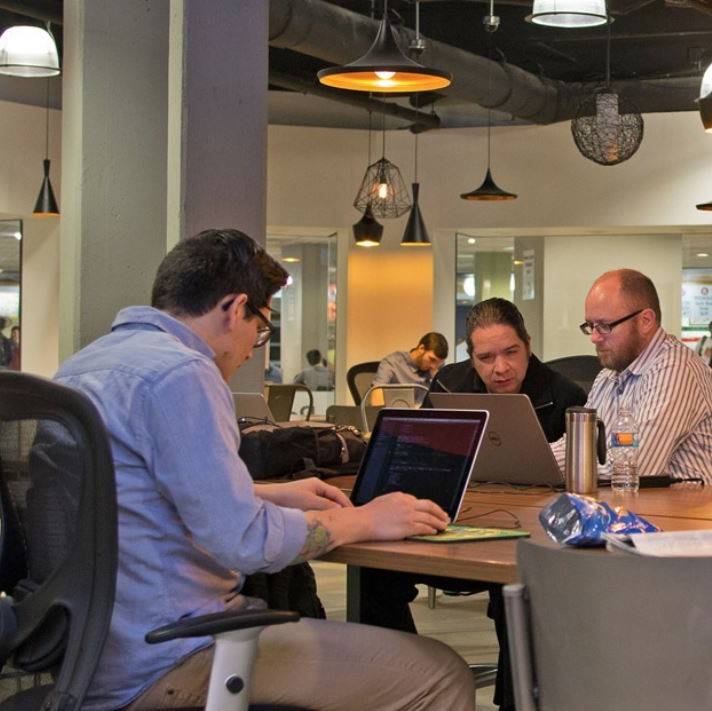November 28, 2022
Herman Miller Aeron Chair now with ocean-bound plastic in all available colours in Europe
 Office furniture giant Herman Miller has launched its iconic Aeron Chair in Europe with ocean-bound plastic (OBP) in all available colours. This change builds upon the momentum created by the successful introduction of ocean-bound plastic in Aeron exclusively for Onyx, the ultra-black shade, in September 2021. the Herman Miller Aeron with ocean-bound plastic is now available in a harmonious colour palette which centres on elements pulled from the earth. Onyx is a dramatic ultra-black shade, Graphite is a distinctive dark grey, Carbon is a balanced neutral that works equally well in warm and cool environments, and Mineral is the lightest shade illuminating Aeron’s finer points, ideal for open floor plans and spaces. (more…)
Office furniture giant Herman Miller has launched its iconic Aeron Chair in Europe with ocean-bound plastic (OBP) in all available colours. This change builds upon the momentum created by the successful introduction of ocean-bound plastic in Aeron exclusively for Onyx, the ultra-black shade, in September 2021. the Herman Miller Aeron with ocean-bound plastic is now available in a harmonious colour palette which centres on elements pulled from the earth. Onyx is a dramatic ultra-black shade, Graphite is a distinctive dark grey, Carbon is a balanced neutral that works equally well in warm and cool environments, and Mineral is the lightest shade illuminating Aeron’s finer points, ideal for open floor plans and spaces. (more…)


































November 23, 2022
The unspoken privilege of wellbeing
by Stephanie Fitzgerald • Comment, SF, Wellbeing